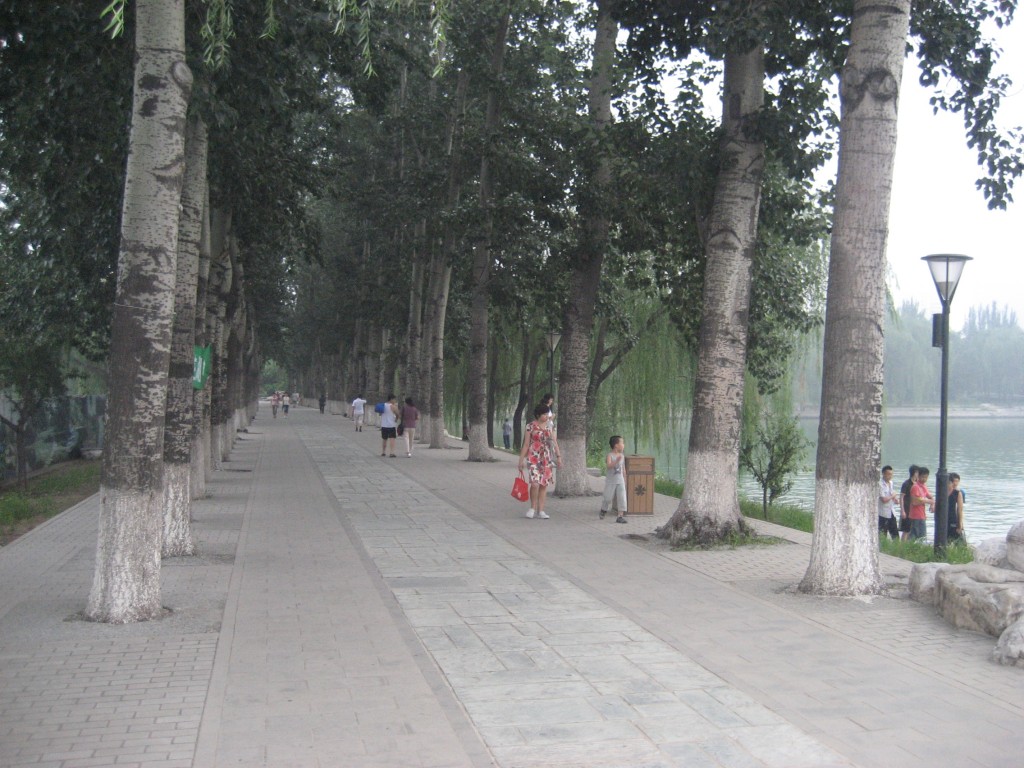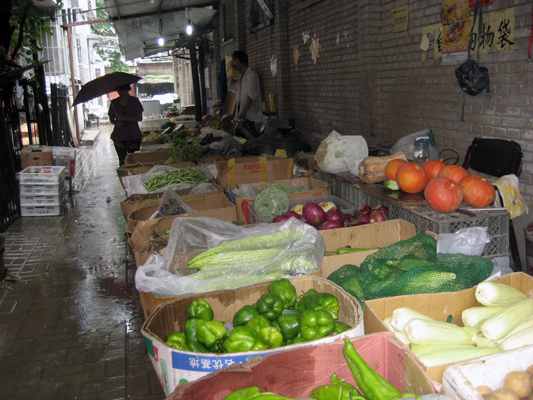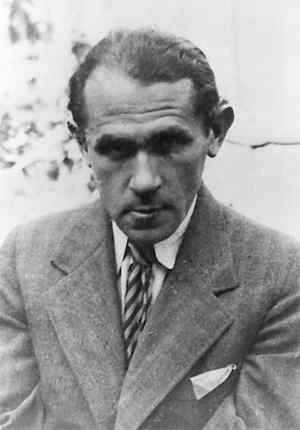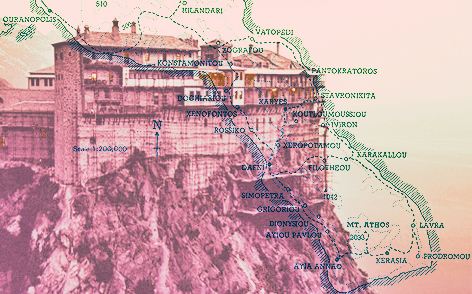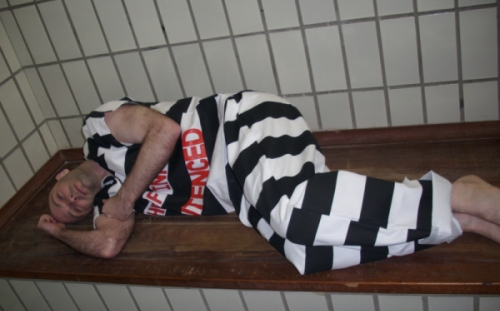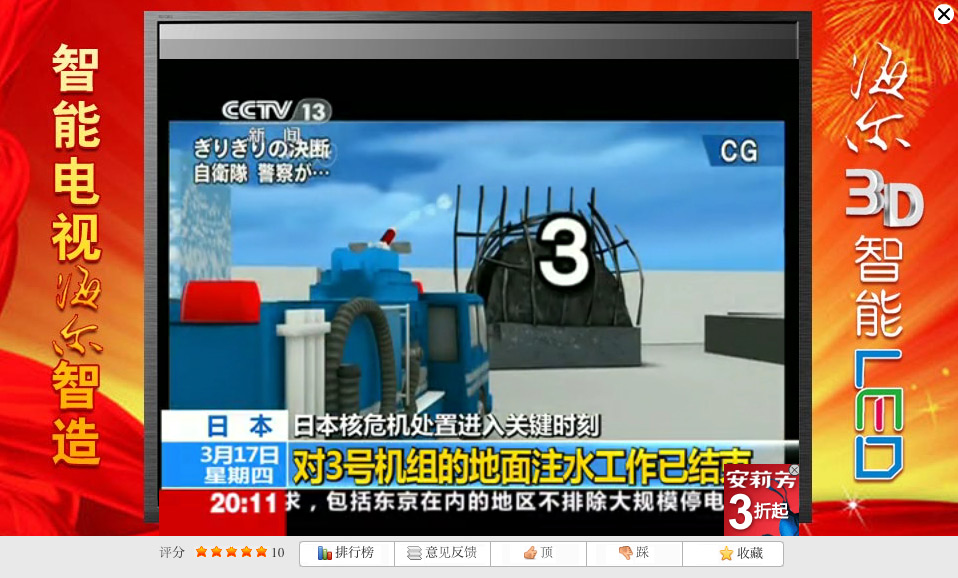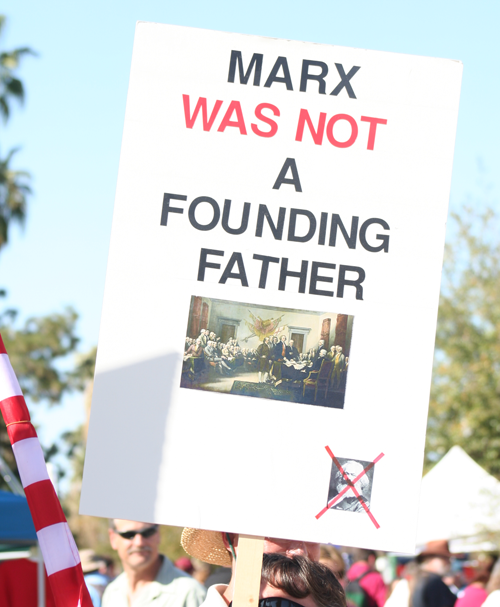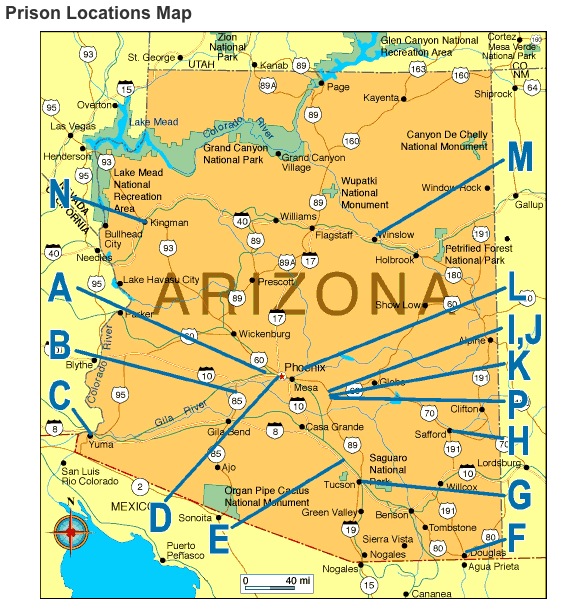What do the different forms of unrest that have proliferated in Europe, North Africa, the Middle East, and Latin America have in common? Recently, Judith Revel and Toni Negri published The Common in Revolt, one of the more lucid and penetrating essays analyzing recent and current social protests, revolts, riots, and street politics. A characteristic of such provocative essays is that they demand responses and help shape public debate. (More…)
Author: Joe LockardJoe Lockard is an associate professor of English at Arizona State University, where he directs the Anti-slavery Literature Project. He is the co-editor of Iraq War Cultures (Peter Lang, 2011) and the author of Watching Slavery: Witness Texts and Travel Reports (Peter Lang, 2008). Lockard teaches early American literature, early African American literature, comparative ethnic literatures, and social protest literature.
Joe Lockard is an associate professor of English at Arizona State University, where he directs the Anti-slavery Literature Project. He is the co-editor of Iraq War Cultures (Peter Lang, 2011) and the author of Watching Slavery: Witness Texts and Travel Reports (Peter Lang, 2008). Lockard teaches early American literature, early African American literature, comparative ethnic literatures, and social protest literature.
The north entrance to Yuyuantan Park in Beijing’s Haidian district is not the main entrance. After passing through a working-class neighborhood of three and five-story brick apartment buildings, this entrance is at the bottom of a sloping street lined with fruit-sellers and hawkers. On one side of the street, an old neighborhood is being demolished; on the other side, new apartment buildings have arisen. These buildings are handsome, understated, some of the most expensive in Beijing, and the residence of the new neoliberal elite. (More…)
About fifty meters east from the D exit of the Suzhoujie station on Beijing’s Number 10 metro line, is a small alley market. You walk along the main street, take a gated entryway for five meters, and there, parallel to the street, is a narrow alley with two stands. The first sells vegetables. The second sells peaches, apples, and lychee. A third uses crates on the sidewalk to sell brown hen and salted blue duck eggs, together with oil, pasta and a couple of common kitchen items. (More…)
I was standing in line at the Mahane Yehuda post office in Jerusalem. When my turn came I asked the clerk, a young woman, for stamps. She put a sheet of stamps on the counter. The Postal Authority had just printed a new series of stamps commemorating West Bank settlements. I pushed the stamps back. “Give me others, please” I said. (More…)
Several blocks away from our apartment in Beijing’s Haidian district, a retro ‘red’ restaurant stands alongside the street. Its walls are decorated with photos of Mao Tse Tung and Zhou Enlai along with applauding Communist Party cadres. All the famous faces are here, with many enlarged photographs hanging on the walls and dining booths. (More…)
Bruno Schulz was a genius. He invented his own language and sensibility. His narrative style and its fantastic voice create a complex reality, much like the piled-high small shops he describes. Schulz has been mislabeled ‘the Polish Kafka,’ a mistake because Franz Kafka had a far more specific social vision that addressed relations between citizen and state. For Schulz, the subjects were self, family, neighbors and the cityscape surrounding them all. His best-known work, The Street of Crocodiles, repeatedly articulates a sense of foreboding. (More…)
The Gay Girl in Damascus blog has been outed. Supposedly written by a Syrian-American lesbian named Amina Abdallah Araf al Omari, the online personality came crashing down after her ‘cousin’ posted a dramatic story of her kidnapping by Syrian agents. The alarm raised international attention and created a Facebook page where over 15,000 people demanded her freedom. (More…)
One of the more astonishing moments among autobiographies appears in Maryse Choisy’s Un Mois Chez les Hommes (1929). In preparation for a visit to Mount Athos, the long peninsula in northern Greece that constitutes a monastic republic where, by religious edict, women have been forbidden to visit for over a thousand years, Choisy relates how she decided to have an elective bilateral radical mastectomy. (More…)
Arizona’s extreme right deludes itself that it occupies a central place in American politics. However, there is a difference between being influential, and throwing legislative temper tantrums that gain global notice. Its leading political figures have become internationally scorned, which doesn’t trouble them, and does not harm their electability either. The disjunction between local and external opinion is a matter of local pride, an insularity characteristic of oppressive governments in many areas beyond the American Southwest. (More…)
We are sitting in front of a large flat-screen watching video footage of the Japanese earthquake disaster. Jianhua is perched on the end of the bed, wearing the metallic fabric smock she wanted to protect her pregnant midriff. She is worried about fetal effects of EM from televisions, laptop computers, and cell-phones. (More…)
University teachers are at the brink of becoming an endangered species in Arizona. Entire non-tenured groups of teachers have already received their termination notices. Thousands are disappearing. Gloom and outrage are palpable in the hallways and in online exchanges. (More…)
Arizona has become the site of a little-noticed literary flowering: it is home to some of the best prison writing in North America. During the last two decades, Jimmy Santiago Baca, Ken Lamberton, and Richard Shelton have converted their experiences with Arizona’s penitentiaries into prize-winning books. No US state can claim a similar cluster of prominent prison writers. (More…)

